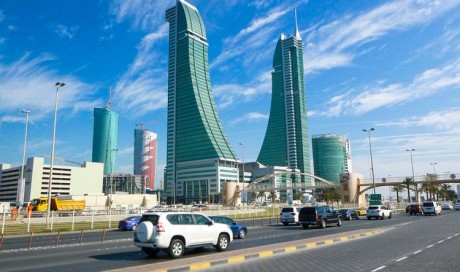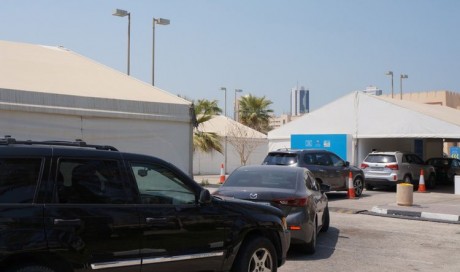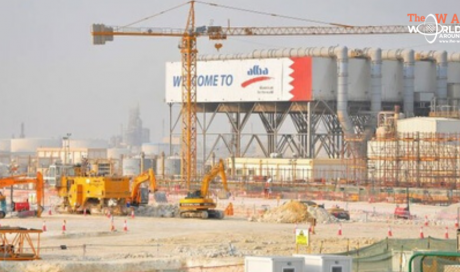Bahrain today grapples with the most serious economic episode in its history.
Gulf countries like Saudi, the UAE, and Kuwait said they would bail out the country and help it avoid currency devaluation by reducing a ballooning debt and shoring up foreign-exchange reserves, but only after they get reassurances that structural economic reforms will take place.
IMF warns
“Bahrain needs a comprehensive package of reforms to reduce its fiscal deficits over the medium term,” the IMF said, implying VAT, Excise and bringing down spending while reducing subsidies.
Bahrain has announced planned policies to reduce its deficits and accumulation of debt stock.
“Despite planned fiscal consolidation measures, fiscal and external deficits are projected to continue over the medium term, due to the large and growing interest bill,” IMF’s Executive Board said in a recent report. “Public debt is expected to increase further over the medium term and reserves are projected to remain low.”
The IMF emphasized the need to “introduce direct taxation, including a corporate income tax while containing the public wage bill and targeting subsidies to the poorest” and said Bahrain’s exchange rate peg to the dollar “remains appropriate for the economy.”
“Delays in implementing a “credible fiscal plan and changes in market sentiment as global financing conditions tighten present downside risks,” the IMF said.
The IMF expects the nation’s debt to exceed 100 percent of economic output in 2019. Foreign-exchange assets held by the central bank dropped 14% ($1.77 billion) in May.
According to Bloomberg, the Gulf’s smallest economy has been relying on debt sales to finance budget and current-account deficits. It scrapped an offering in March after investors sought higher yields, but raised $1 billion from Islamic securities.
“The kingdom has about $1.2 billion of debt to service in the next 12 months,” Bloomberg quoted Abdul Kadir Hussain, the head of fixed income at Arqaam Capital, a Dubai-based investment bank, as saying.
The Bond bind
Bloomberg writes “relief over a Gulf pledge to prop up Bahrain’s struggling economy has given way to anxiety now that three weeks have passed without any sign aid is on the way.”
“Saudi Arabia, Kuwait and the United Arab Emirates are waiting for Bahrain to submit its proposal for economic reforms before giving any money to the cash-strapped nation,” according to three people familiar with the issue telling Bloomberg.
Gulf’s messages of support eased concerns of a default and fueled a record jump in Bahrain’s dollar-denominated bonds, but the rally has fizzled in the past week as investors look for signs the deal will hold.
“Investors expect clear details, and most importantly, the willingness of the Bahraini government to do something to tackle fiscal and debt problems,” said Sergey Dergachev, who helps oversee about $14 billion in assets, including the kingdom’s dollar bonds, at Union Investment Privatfonds in Frankfurt. “So far, details and conditionalities associated with this rescue package are vague.”
The spreads on Bahrain’s bonds will remain “relatively wide,” said Jonathan Mann, London-based head of emerging market debt at BMO Global Asset Management, which manages $260 billion.
The yield on the nation’s 7 percent bonds due in 2028 has risen seven basis points in the past week to 8.72 percent. It narrowed by 83 basis points – a record drop for the yield on a closing basis – on June 27, when Bahrain’s allies pledged their support.
Share This Post












